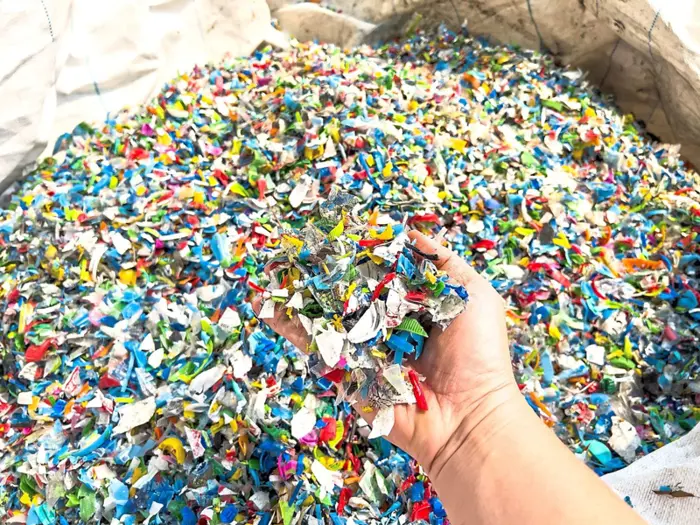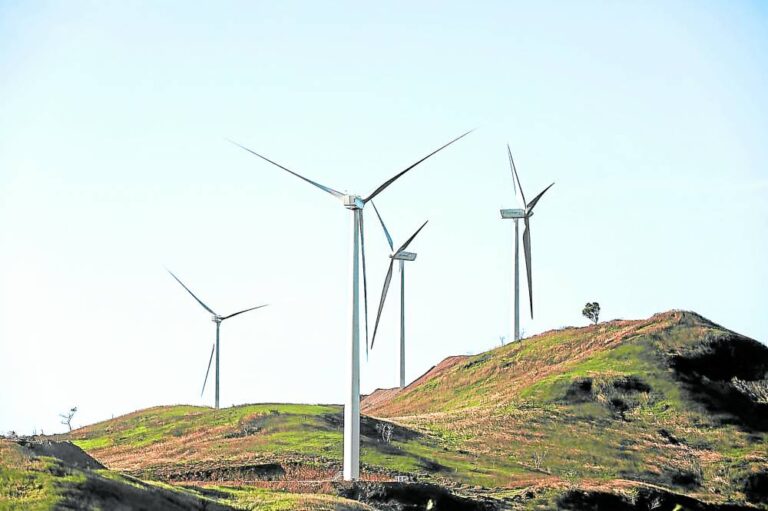As we approach World Ocean Day 2025, the theme “Confronting the Escalating Plastic Waste Crisis” resonates deeply with the global community.
Malaysia, a significant player in the plastic waste narrative, finds itself at the crossroads of being both a producer and a recipient of plastic waste. This opinion piece explores Malaysia’s role in the global plastic waste crisis, emphasising the impact on ocean health and marine pollution.
Malaysia’s role in the global plastic waste crisis
Malaysia plays a dual role: as a producer of plastic waste and a recipient of imported plastic waste. After China’s 2018 ban on plastic waste imports, Malaysia became one of the top destinations for global plastic waste, particularly from developed countries.
Domestically, high consumption of single-use plastics and limited recycling infrastructure exacerbate the issue. The influx of plastic waste has led to significant marine pollution, affecting the health of our oceans.
Systemic weaknesses in waste management
Malaysia’s waste management system faces several challenges: relatively low recycling rates due to poor segregation at source, inadequate infrastructure for processing and recycling, and reliance on the informal sector, which lacks regulation and safety.
Recent improvements include the Malaysia Plastics Sustainability Roadmap 2021–2030, but progress is slow compared to the scale of the problem. These systemic weaknesses contribute to the escalating plastic waste crisis, with significant amounts ending up in the oceans.
The partial adoption of the Solid Waste and Public Cleansing Management Act 672 in seven out of Malaysia’s 14 states contributes to the disparity in service levels, awareness, and cleanliness between states.




